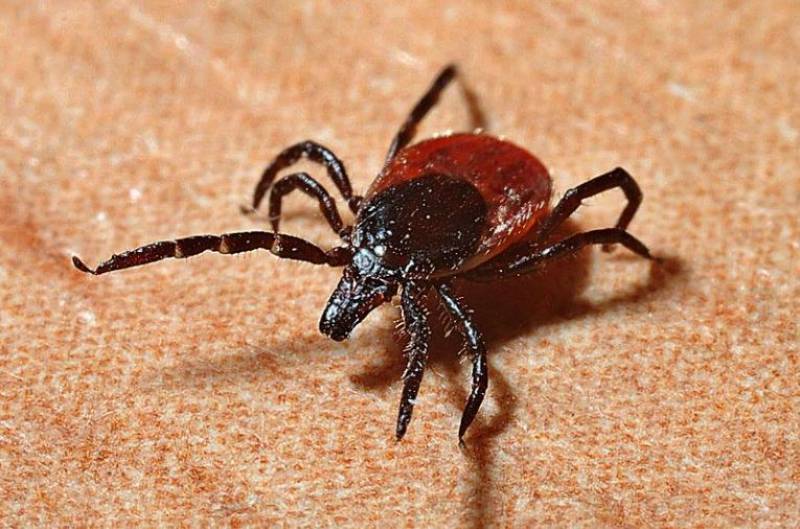article_detail
Date Published: 20/05/2022
ARCHIVED - Alarming increase in hospitalisations due to tick bites in Spain
Lyme disease patients have increased by more than 190% in recent years in Spain

Lyme disease, caused by the bacterium Borrelia burdogferi which is transferred through bites from hard ticks, has gone from being practically unheard of in Spain to a worrying endemic problem in just a few short years.
A study conducted between 2005 and 2019 shows not only an increase of 191.80% in hospitalisations, but also a widening of the geographical distribution of the disease. In the 14 years covered, a total of 1,865 people were diagnosed with Lyme disease in Spain, the majority of whom were men (58.71%) and people aged over 65 years (34.48%).
Rosa Estévez, one of the authors of the report, explained that the purpose of the study was to aid the development of a national protocol for dealing with the disease and to learn more about its prevalence in Spain.
“This disease was not considered to exist in Spain, but little by little it has been identified that there are ticks and that they are infected. Transmission is very simple and our country has large areas of forests and fields,” she said.
Indeed, the increase in diagnoses has been largely attributed to a booming tick population thanks to climate change, more exposure due to changing agricultural and livestock activities, the vast number of reservoirs in Spain and the change in routes of migratory birds.
Lyme disease begins with nonspecific flu-like symptoms that can be accompanied by a rash. Early antibiotic treatment is essential for the patient to prevent serious joint, cardiac and neurological problems further down the line, but since the tick bite is painless and practically unnoticeable, medical attention often comes far too late.
Ms Estévez explained that “the disease is not fatal, but the problem is that it is totally disabling. With an early diagnosis and antibiotic treatment, the bacteria can be eliminated and leave no consequences”.
Each year the authorities in Spain issue alerts and advice on how to reduce the chances of being bitten by ticks, such as wearing long trousers when walking in high grass and thoroughly examining the neck, behind the ears, armpits and groin after being out and about.
The expert has advised that people should never remove a tick themselves, as part of it can be left embedded in the skin, potentially causing disease, but to go to a medical centre and leave the job to the professionals.
It’s vital that medical attention is sought within 12 hours of being bitten by a tick to prevent the sting being absorbed into the bloodstream.
Image: Pixabay
Loading
Sign up for the Spanish News Today Editors Roundup Weekly Bulletin and get an email with all the week’s news straight to your inbox
Special offer: Subscribe now for 25% off (36.95 euros for 48 Bulletins)
OR
you can sign up to our FREE weekly roundup!
Read some of our recent bulletins:
Discount Special Offer subscription:
36.95€ for 48 Editor’s Weekly News Roundup bulletins!
Please CLICK THE BUTTON to subscribe.
(List price 3 months 12 Bulletins)
Read more stories from around Spain:
Contact Spanish News Today: Editorial 966 260 896 /
Office 968 018 268




























